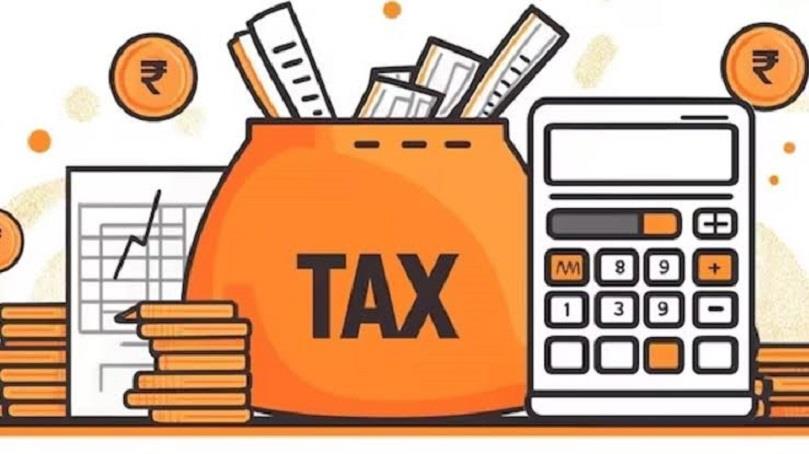
How Understanding Taxes Can Help Kashmir Build Real Wealth
Representational photo
Saving money still feels like safety in the valley. People see a full bank account or a small piece of land as a sign of security. But true financial stability often comes from something less understood: long-term investing and smart tax planning.
Together, they can silently shape a more secure and prosperous future for the next generation.
Talk to a banker in Srinagar or a shopkeeper in Pulwama, and you'll likely hear a familiar pattern: earn, save, and spend when needed.
ADVERTISEMENTInvesting is often seen as risky or complicated. But understanding how taxes work on investments can be the difference between financial struggle and steady growth. Time and patience can turn even small savings into lasting wealth.
In India, income tax applies to what you earn each year. The highest slab is around 30 percent. So if someone earns ₹50 lakh annually, they might pay about ₹15 lakh in taxes after exemptions.
That payment repeats every year. Investments, however, are taxed differently.
You pay tax only when you sell and make a profit. Until then, your money grows freely. This small difference is powerful. It lets your wealth multiply without interruption, allowing compounding to do its silent magic over time.
Take an example. Suppose you invest ₹10 lakh and it grows to ₹4 crore in 20 years. You don't pay tax on that growth each year, only when you finally sell. Because of this delay, your money gets more time to compound. Add in India's tax exemptions, like the ₹1.25 lakh annual deduction, and your effective tax on the final profit could drop to around 12.5 percent.
Compare that with the 30 percent on regular income, and the advantage of long-term investing becomes clear.
In countries like the United States, this idea is part of everyday life. Families invest in retirement plans, mutual funds, and 401(k)s that grow before taxes are applied.
India has similar systems through mutual funds, but in Kashmir, the habit of investing is still new. Many prefer fixed deposits, gold, or real estate. These feel safe, but they don't grow fast enough to beat inflation.
A fixed deposit that earns six percent doesn't help much when inflation is at five. Real wealth grows when money works harder than prices rise.

Legal Disclaimer:
MENAFN provides the
information “as is” without warranty of any kind. We do not accept
any responsibility or liability for the accuracy, content, images,
videos, licenses, completeness, legality, or reliability of the information
contained in this article. If you have any complaints or copyright
issues related to this article, kindly contact the provider above.


















Comments
No comment